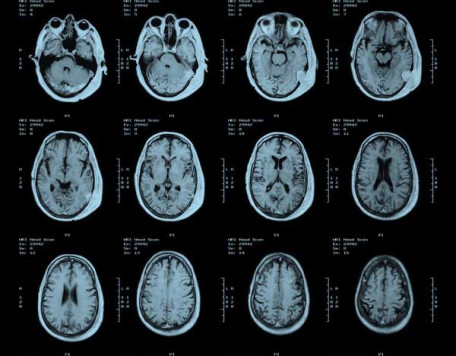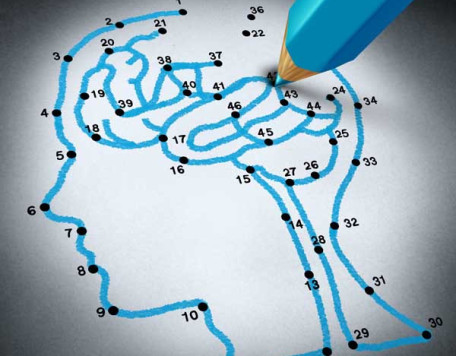© Pint of Science, 2025. All rights reserved.
This evening will discuss a variety of bacterial and viral pathogens and the nefarious effects they have on their living host - us!
A two-faced golden killer
Dr Dora Bonini
(Postdoctoral Researcher, University of Bristol)
How is it possible that the bacterium Staphylococcus aureus is simultaneously a harmless inhabitant of the nose of a third of the population AND one of the biggest infectious killers worldwide?
Delve into this still unresolved question in a captivating journey unravelling the warfare between bacterial pathogens and humans and the endless molecular weapons that bacteria use to establish infections and thwart immune responses. Join us as we explore the world of bacterial pathogenesis, where understanding the enemy at the molecular level is crucial in the ongoing battle to safeguard human health.
Delve into this still unresolved question in a captivating journey unravelling the warfare between bacterial pathogens and humans and the endless molecular weapons that bacteria use to establish infections and thwart immune responses. Join us as we explore the world of bacterial pathogenesis, where understanding the enemy at the molecular level is crucial in the ongoing battle to safeguard human health.
Discovery of a druggable pocket in SARS-CoV-2 spike glycoprotein
Prof. Christiane Berger-Schaffitzel
(Professor of Biochemistry)
Prof. Imre Berger
(Professor of Biochemistry)
COVID-19, caused by severe acute respiratory syndrome coronavirus 2 (SARS-CoV-2), represents an ongoing global threat. During the pandemic we discovered a druggable pocket in the protein on the viral surface. We found that a fatty acid, named linoleic acid, binds to this pocket. We showed that linoleic acid tightly binds and locks the protein in a non-infective state. Based on these findings, we started developing an urgently needed antiviral drug to inhibit infection and transmission of coronavirus 2 (SARS-CoV-2).
Bacterial Bodyguards and Fungal Frogs: the role of the adaptive microbiome in pathogen defense
Sam Siomko
(Postgraduate Researcher, University of Bristol)
What can frogs teach us about our immune system?
Batrachochytrium dendrobatidis is an invasive fungal pathogen that’s devastating amphibian populations worldwide. Little is known about how to combat its spread, however a solution might already be living on the frogs themselves. The microbiome (the collection of microorganisms that live on and inside a host) plays a huge roll in many animals’ basic functions, including humans, such as digestion and the immune system. In the case of the frogs, the microbiome may be adapting to combat pathogens before they can even establish by selecting for a protective bacterial community. If we can understand the role of the microbiome in defending against pathogen invasion, can we create a prophylactic to help save the frogs? And how can this help us understand the defensive capabilities of the microbiome against other pathogens?
Batrachochytrium dendrobatidis is an invasive fungal pathogen that’s devastating amphibian populations worldwide. Little is known about how to combat its spread, however a solution might already be living on the frogs themselves. The microbiome (the collection of microorganisms that live on and inside a host) plays a huge roll in many animals’ basic functions, including humans, such as digestion and the immune system. In the case of the frogs, the microbiome may be adapting to combat pathogens before they can even establish by selecting for a protective bacterial community. If we can understand the role of the microbiome in defending against pathogen invasion, can we create a prophylactic to help save the frogs? And how can this help us understand the defensive capabilities of the microbiome against other pathogens?
Map data © OpenStreetMap contributors.
Other Wiper and True Brewery events
2025-05-19
Bringing Brain Science to the Clinic
Wiper and True Brewery
Unit 11, City Business Park, Easton Road, Bristol, BS5 0SP, United Kingdom
2025-05-20
Mind & Body: The Hidden Conversation
Wiper and True Brewery
Unit 11, City Business Park, Easton Road, Bristol, BS5 0SP, United Kingdom



